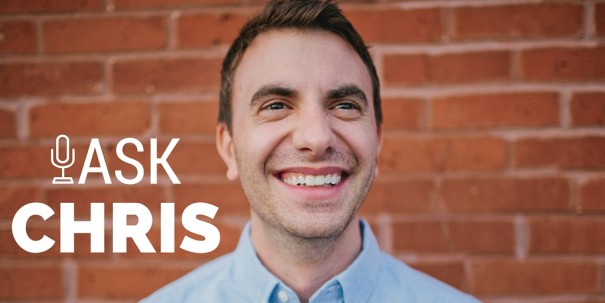Where do I invest after maxing out retirement accounts?

Today’s question comes from Jay. He asks:
Thanks for the informative content you’ve generated. It’s some of the soundest, easily-digestible out there, and it’s definitely had an impact in my life.
I’ve been reading up on retirement for a couple of years now, roughly when I went into the workforce after college. I’m in my late 20’s, and currently, I make just shy of the $118,000/year IRA income contribution cap. I just recently started to fully fund my 401k for a single person per year (I contribute $18k per year, in a target date fund, currently valued at $30k), and I also fully fund my Roth IRA (I contribute $5.5k per year in two index funds: One total market stock, one total market bond. Ratio of 70%-30%. Valued at $20k).
It’s taken some time to get to this point, but I feel happy and lucky I’ve been able to have enough to fund my accounts and have enough money to cover all my monthly expenses. It’s something I definitely don’t take for granted. So now, I’ve checked most “boxes” you find online about investing.
My question is: Now what? What should I invest in if I have some more expendable income and I want to accelerate my retirement? Should I open another taxable independent retirement account? A house? Annuities?
Also, what do I do with my Roth IRA once I can’t legally contribute to it because I’ve passed the income requirement, which I’m expecting will happen later in this new year. Do I just stop contributing to it and hope it’ll grow with time? Should I look into converting it back to a Traditional IRA, which I understand doesn’t have income limits to contribute, and would that be a tax-savvy thing to do (since I’ve already paid taxes in my Roth)?
There doesn’t seem to be a lot of advice out there for once you fulfill the main two requirements every investment avenue says you should be doing, so I’m looking forward to hearing your take on it since I am sure you came across this scenario in funding your nest egg past the $1 million mark in your 30s.
Most people who want to get rich fast think they need to do more, but getting rich fast isn’t about doing more, it’s about risk.
That’s what investing is. You get rewarded for exposure to risk.
So I tell the people asking how to get rich fast to spend each day improving themselves, becoming a tiny bit better than they were yesterday.
Because when you learn something, or apply knowledge, and do that every single day throughout life, most people get what they deserve.
Getting rich fast takes time.
The truth is, nobody wants to hear that. Everyone wants a shortcut, and so they lose all their money chasing fast money.
Anyways, you’re not one of these people, and so generally speaking you should invest like this:
- Enough to get any employer “match” in pre-tax retirement account
- Fund post-tax retirement account to maximum
- Back to #1 to maximum
- Fund taxable account
- Non-deductible post-tax account
This won’t work for everyone, because everyone’s situation and goals are different.
That said, your approach is solid: maxing out pre- and post-tax retirement accounts, taking advantage of current and future tax benefits. It’s likely your next step is a taxable account.
And once your modified adjusted gross income exceeds the contribution limit for a Roth I don’t think it makes sense to convert the existing Roth to a traditional IRA.
If you don’t have other non-Roth IRA accounts what makes sense is the backdoor Roth. You make a regular contribution to a traditional IRA and as soon as it posts convert the money from traditional to Roth.
You’ll pay tax on the difference between the original contribution and the converted value, which in most cases will be zero. This is how to get around the income limit.
Doing this on your own might seem complicated, but it’s only complicated once. Remember, become a tiny bit better than you were yesterday.
Since you asked, maybe it would help to share what I’ve done. I have two accounts — 401(k) and taxable — because simpler solutions are often better solutions.
When I worked in corporate America I contributed enough to the retirement account to get the company match, maybe a little more, but never maxed it out.
The lion’s share of money went to a taxable account, so when I quit I had 25% in retirement and 75% in taxable.
I’m withdrawing from the taxable account, and because I live a light-weight life with hardly any possessions or big expenses I don’t pay federal capital gains tax.
Meanwhile, the retirement account is sitting there compounding for the next 25 years or so. I could convert it to a Roth, little by little, to save on taxes decades from now, but that complicates things.
Anyways, what I’m trying to show you is there’s no cookie-cutter approach to investing. It depends on your situation and goals.
And some people like the idea of diversifying into other investments like real estate, but won’t enjoy the actual work: collecting rent, finding tenants, fixing toilets.
If property interests you then try it, but I think your main focus should be the market.
Why? You’ve picked sensible investments, and so I can tell you have an interest. And that’s the very first step in being a successful investor, having an interest.
